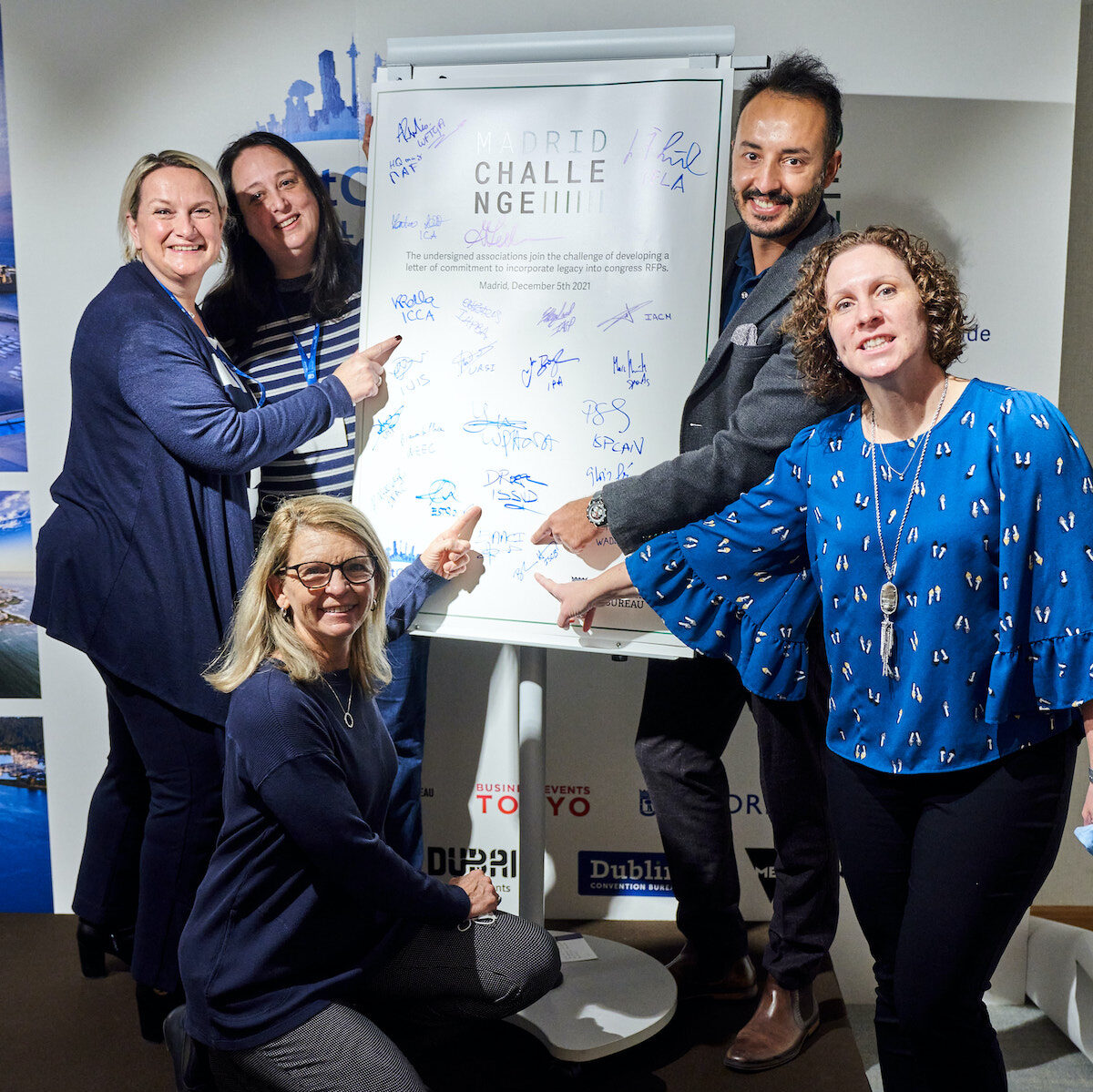Wellness is a $1.8 trillion market with people around the world increasingly prioritizing health and wellbeing in their daily lives. However, not everyone has access to wellness products or activities – in fact, over half of the world’s population is not fully covered by essential health services. The United Nations aims to achieve healthy lives for people of all ages, in all parts of the world, through SDG Goal 3, Good Health and Wellbeing.
Table of Contents
Wellbeing: inequitable opportunities
Progress has been made in several areas of global health – for example, 146 out of 200 countries currently meet, or are close to meeting, the SDG target for under-5 mortality, and effective HIV treatment has helped to reduce AIDS-related deaths by 52 percent globally since 2010. However, inequalities persist. As mentioned above, a significant number of the world’s population lacks access to vital healthcare services. Childhood vaccination rates are declining, leaving millions of children at risk of contracting devastating but preventable diseases. And globally, around 800 women die every day from pregnancy or childbirth.

The mental health crisis is also on the rise. According to Project HOPE, one in four people suffer a mental illness at some point in their lives, and over two-thirds of them don’t receive treatment. Mental health conditions could cost the global economy as much as $16 trillion by 2030. The World Health Organization (WHO) released its largest review of world mental health since the turn of the century, and found that 71 percent of people with psychosis do not receive mental health care. This is largely driven by affordability – in high-income countries, 70 percent of people with psychosis reported getting treatment, while that number dropped to 12 percent in low-income countries.
Business events have a critical ability to address the world’s health and wellbeing issues, and support Sustainable Development Goal 3, by providing necessary platforms for healthcare practitioners, researchers, biomedical engineers and other professionals to share knowledge, leverage new technologies, and drive change in their communities.
Improving community wellbeing through business events
During the 2021 BestCities Global Forum in Madrid, Spain, BestCities Global Alliance introduced the Madrid Challenge – a pledge from destinations and associations to incorporate sustainability, wellbeing and other legacy considerations into daily conference planning. These initiatives can leave a lasting, positive impact on host communities.

For example, at the European Society for Radiotherapy and Oncology (ESTRO) meeting in August 2021, congress organizers launched a public-facing website dedicated to dispelling myths and offering transparency about radiation therapy towards cancer treatment, with the goal of eradicating fear to save lives.
In 2024, the International Papillomavirus Society (IPVS) introduced the International HPV Awareness Campaign to support vaccination uptake among students in secondary schools, colleges and universities. IPVS received support for the ambitious undertaking by winning the Incredible Impacts Programme (IIP) Seed Fund Grant, provided by BestCities Global Alliance and the International Congress and Convention Association (ICCA).
Click here to learn how IPVS is using the $5,000 USD Seed Fund Grant awarded by the Incredible Impacts Programme.

Throughout the years, the IIP has recognized several international associations advocating for social change. One such association is the University of Faroe Islands, which won the main grant in 2022. Its Football is Medicine Congress, which was held in January 2020, delivered a compelling program showcasing the ways football can improve physical and mental health. The event called global attention to football fitness – for example, the BBC travelled to the Faroe Islands to shoot a documentary, the WHO and Ministry of Health in Qatar pledged to co-host the next conference, and football-related curriculum was incorporated into many schools in the Faroe Islands.


Click here to download the full case study.
Advocating for healthier host destinations
Many BestCities Global Alliance partner destinations likewise support SDG Goal 3 through international event hosting. For example, Cape Town, Africa hosted the International Hepato-Pancreato-Biliary Association (IHPBA) Conference in May 2024, contributing to research and health advancements in liver, pancreas, and bile duct conditions. Sub-Saharan African countries have the highest incidence rates in the world of hepatocellular carcinoma, with 95 percent of patients presenting with advanced disease that can’t be cured. Together with the African Viral Hepatitis Convention and African Palliative Care Association, IHPBA called on member states, partners and stakeholders to prioritize actions to eliminate viral hepatitis as a public health threat in sub-Saharan Africa by 2030.
Another example is the European Hematology Association (EHA) 2024 Congress, which was hosted in Madrid in June. Congress planners organized a blood donation campaign called “Share Knowledge, Share Life”, in partnership with the Madrid Convention Bureau and the Spanish Red Cross. A mobile blood donation unit was placed at the main conference venue on World Blood Donor Day (June 14) to provide congress attendees with an immediate opportunity to donate to local blood reserves. The general public was also encouraged to donate throughout the conference and beyond.

Towards a happier, healthier future
Through initiatives like the Incredible Impacts Award and legacy-building meetings hosted by member destinations, BestCities Global Alliance inherently advocates for SDG Goal 3 in its promotion and support of global business events. Organizers are welcome to connect with BestCities or directly with member destinations to discuss global wellness-building opportunities for future events.
Related Posts:
Introduction to the Sustainable Development Goals (SDGs)
Championing Gender Equality through Business Events: BestCities’ Approach to UN SDG Goal 5
